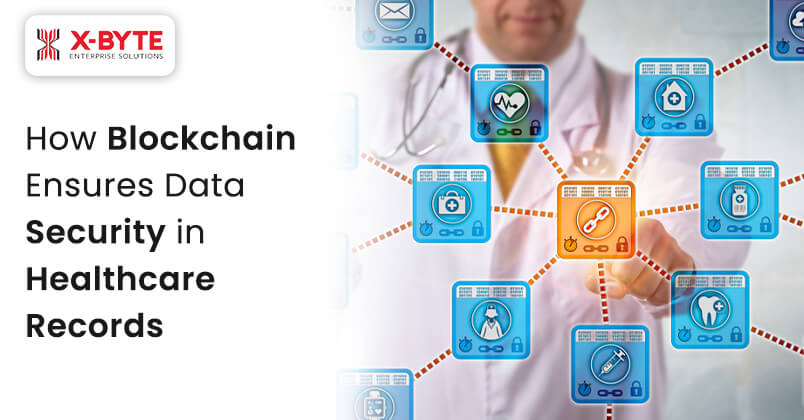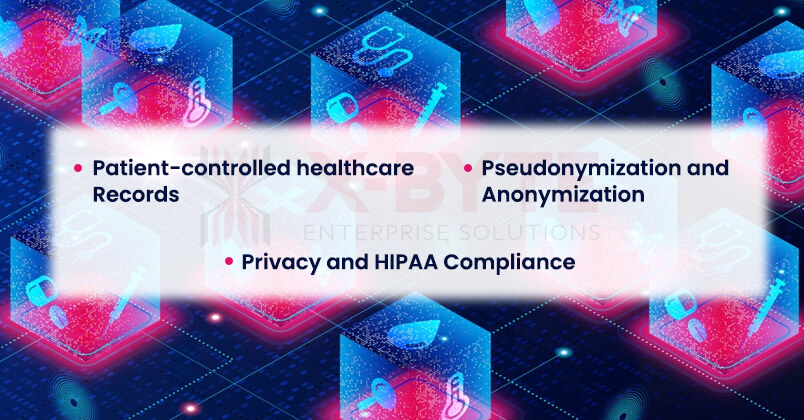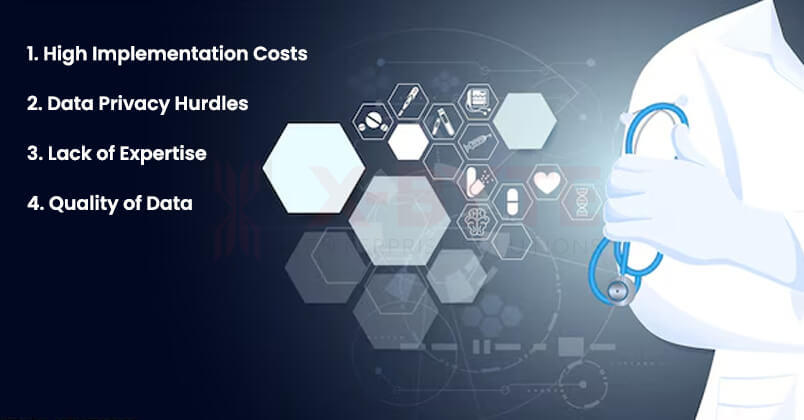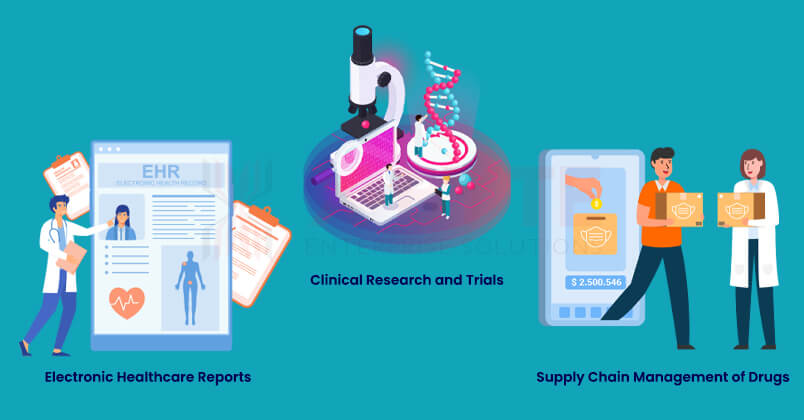-
solutinos
-
Hire
Frontend Developer
Backend Developer
-
NodeJS Developer
-
Java Developer
-
Django Developer
-
Spring Boot Developer
-
Python Developer
-
Golang Developer
-
Ruby on Rails Developer
-
Laravel Developer
-
.NET Developer
Technology
-
Flutter Developer
-
React Native Developer
-
Xamarin Developer
-
Kotlin Developer
-
Cross-Platform Developer
-
Swift Developer
-
MongoDB Developer
-
C Developer
-
Smart Contract Developers
Cloud
-
-
Services
Mobile Development
Web Development
- Work
-
Multi Services App
-
Food Delivery App
-
Grocery Delivery App
-
Taxi Cab Booking App
-
Multi Services App
-
OTT Platform APP
-
Social Media APP
-
Freelance Service App
-
Car Rental App
-
Medicine Delivery App
-
Liquor Delivery App
-
Sports Betting App
-
Online Coupon App
-
eLearning App
-
Logistics & Transportation App
-
Courier Delivery App
-
On-Demand Real Estate App
-
E-Wallet APP
-
Online Dating App
-
Handyman Services App
-
-
Process
-
Company

Quick Summary : Understand how blockchain technology helps in transforming the healthcare industry with advanced functionalities. Blockchain helps in streamlining the routine processes and establishing high tech security. In this blog, we will understand the future of blockchain, use cases, challenges and ways to boost patient privacy.
The healthcare sector is changing and contributing to data automation. With this, data security concerns also raises that require safeguarding the patient data. It includes diverse medical reports, appointments, patient personal data, availability of doctors, equipment, and others. Implementing robust security measures to protect confidential health data becomes more crucial. Considering data security, healthcare organizations are also required to comply with the government regulations and legal laws by following strict rules. This helps in ensuring secured healthcare data storage, management, accessibility and transferring.
Healthcare institutions, hospitals and businesses can create and implement data encryption, multi-level authentication and frequent system audits. This helps in preserving financial damage to healthcare service providers.
Recent Statistics and Expected Trends on Blockchain Technology for Healthcare Industry
- The market of blockchain technology was $1.51B in the year 2024 and estimated to expand $1.35T approx till 2037.
- The market of blockchain in healthcare is projected to grow at 68.7% CAGR from 2025 to 2027.
- Additionally, the increasing demand for efficient and simplified operations in healthcare administration. It includes billing, claims processing, and supply chain management, has led to the implementation of blockchain to improve operational efficiency.
What Blockchain Technology for Healthcare Industry?
In healthcare industry, blockchain is used to create highly secured and decentralized data management, storing and monitoring. It also help in establishing a single platform to manage comprehensive patient data with robust security.
The blockchain technology help in:
- Secure patient records with blockchain by using multi-factor authentication and encryption methods. This helps in securing data management and transparent analysis processes.
- Blockchain helps in ensuring secured data transfer and accessibility of comprehensive healthcare data and patient treatments.
- Automating the diverse transactions of healthcare companies, pharma organizations and institutions.
- Managing the supply chain of healthcare equipment and drugs to establish a smooth workflow.
- Providing comprehensive datasets for research and clinical development processes.
How to Boost Patient Privacy with Blockchain Technology

The blockchain technology helps in boosting the data privacy of patients and healthcare operations. It is important to implement robust security and regulative compliances. This helps in customized healthcare services and treatment plans.
Patient-controlled healthcare Records
Blockchain technology helps in providing enhanced accessibility to patients over their healthcare records. Traditional systems do not ensure the enhanced visibility and control on the usage, storage and accessibility of data. But healthcare software development with integration of blockchain technology provides enhanced management of healthcare records and ownership to patients.
Pseudonymization and Anonymization
Blockchain technology helps in boosting the privacy of the patients using modern techniques like pseudonymization and anonymization. It is important to safeguard sensitive information and smooth treatment tracking. With blockchain, healthcare service providers can manage anonymized data with protected patient details.
The pseudonymization in blockchain is identical with the workflow of cryptocurrency. As it assign pseudonyms to diverse patient details by ensuring uninterrupted patient care and maintaining privacy.
Privacy and HIPAA Compliance
The HIPAA regulation act creates strict rules to secure the patient data. It is also important to ensure that tech stacks used are complied with safety and security standards of HIPAA. So, the blockchain technology is a powerful tool that helps establishing HIPAA compliances.
The robust data encryption, access control, transparency and accessibility features of blockchain help healthcare service organizations in meeting data security needs.
Transform the healthcare management process by implementing blockchain technology!
Challenges of Implementing Blockchain in Healthcare Industry

High Implementation Costs
The implementation of blockchain technology in healthcare is expensive as require to make investments in specific softwares, infrastructure and expert training. The cost is majorly dependent on required complexity and features.
Data Privacy Hurdles
With the implementation of advanced technologies like blockchain, there are also raising concerns of data security. There are diverse public blockchain platforms that are not follow or compatible with the HIPAA regulations. So, it is important to implement the secured and encrypted data management with blockchain.
Lack of Expertise
As blockchain is revolving technology, it has limited expert personnel who integrate its advanced features into the healthcare industry. Healthcare service providers can hire blockchain developers to get high performing solutions.
Quality of Data
The blockchain platforms can work efficiently when there is accurate and structured data. But data of healthcare organizations is scattered, complex and have different formats. So, it might not provide comprehensive analysis that help in strategic decisions.
Quick Understanding of Advantages and Disadvantages of Blockchain Technology in Healthcare Industry
| Advantages | Disadvantages |
|---|---|
| Enhanced Security | Scalability Issues |
| Decentralization | High Implementation Costs |
| Immutability | Integration Challenges |
| Patient Data Ownership | Regulatory Uncertainty |
| Transparency and Auditability | Energy Consumption |
| Fraud Prevention | Limited Expertise |
| Efficient Data Sharing | Data Privacy Concerns |
| Drug Traceability | Interoperability Issues |
Use Cases of Blockchain Technology in Healthcare

Blockchain technology has grown exponentially in the healthcare sector. It has simplified the diverse functions and operations of healthcare. There are various applications of blockchain technology for healthcare to manage medical records.
Electronic Healthcare Reports
Many healthcare organizations use outdated EHR platforms that doesn’t establish secured communication solutions. This incur inefficiencies, risk of data breach and inaccurate data. The blockchain helps in transforming healthcare with electronic record management systems. This help in establishing highly secured solutions for smooth monitoring and analysis.
Blockchain technology provide decentralized system integrated with strong encryption methods. This help in managing patient records, health status, medical history by using a single platform to manage diverse data.
Clinical Research and Trials
The clinical and medical trials depend highly on data accuracy, security and integrity. Using blockchain, trial data can be ensured as accurate to create immutable healthcare records.
For example, pharma companies can conduct trials and this data help in taking drug production approval and publications.
Supply Chain Management of Drugs
Blockchain technology helps in boosting the supply chain by verifying the authenticity of drugs. The manufacturing and distribution process is seamlessly managed using blockchain to boost the transparency, and patient safety to reduce the risk.

Ensure data security and enhanced accessibility by integrating blockchain and other modern technologies!
Contact Our Team Contact Our TeamFuture of Blockchain Technology in Healthcare Industry
The use of the blockchain system can reduce workloads and make systems in the healthcare business run more efficiently. It help in improving the healthcare service to patients while protecting the sensitive data.
Emerging and Innovative Tech
Blockchain is the transforming technology which help in boosting healthcare industry. With rapid expansion of blockchain, there is high possibility of integrating advanced technologies like AI/ML, IoT and other tools. It help in ensuring high security, scalability and easy management of diverse healthcare systems.
The integration of diverse technologies help in creating strong infrastructure to provide smooth patient care and smooth healthcare operations.
Policy and Regulatory Compliances
To ensure rapid expansion and adoption of blockchain in the healthcare industry, governments and regulatory authorities must frame diverse policies and detailed guidelines. The authorities can seamlessly define ownership, patient management and control, interoperability, healthcare status management and smooth data sharing.
Conclusion
The healthcare industry is nowadays highly dependent on advanced technologies and stepping into digital transformation. Blockchain, AI/ML solutions for healthcare provide data security, privacy of healthcare data and secured data accessibility. From various EHR to integrated telemedicine, there is a large amount of data generated in healthcare. This raises the risk of data privacy, unauthorized data access and violation of regulations. But blockchain helps in solving the challenges and providing creative approaches to safeguard the healthcare data.
X-Byte has the team of expert designers and developers with expertise in diverse modern technology, including blockchain, AI/ML, IoT and other technologies. This help in transforming the healthcare service quality and ensuring high-tech security.
Frequently Asked Questions
-
What is blockchain technology?
Blockchain is an innovation in information technology that can store data in multiple systems but in a transparent and protected manner without being prone to a single-point data breach. It does not require a control center and guarantees that the information cannot be altered fraudulently.
-
How does blockchain enhance the security of
healthcare records?
Encryption: It is always processed in an encrypted form such that only the permitted users are allowed access.
Immutability: When data is entered into the blockchain, the information cannot be changed or removed like some fraudsters want to do to the information in the news.
Decentralization: Instead of feeding the information to one shared server, blockchain allows a network to store information, reducing hacking cases.
-
What is the role of smart contracts in healthcare data security?
Smart contracts are contracts signed and implemented automatically through contract provisions recorded in computer code. In the healthcare context, they ensure that patient data access is only allowed when some conditions are met; we improve security and adherence.
-
Can blockchain protect against data breaches in healthcare?
Blockchain technology greatly improves the security of information from hacking. This makes decentralization beneficial since if, for example, one of the nodes of the network is corrupt, then the rest of the network remains safe.
